Asim Qureshi
The Palestinian struggle is very much one of the theft of land, and the choice of a people to not give up on that land and maintain their moral authority over it, writes Asim Qureshi.

The Palestinian struggle is very much one of the theft of land, and the choice of a people to not give up on that land and maintain their moral authority over it, writes Asim Qureshi.

The 2022 World Cup has showed that for Moroccans there is no contradictions in being African and Arab, in supporting the Palestinian cause and in embracing our Jewish communities, writes Maha Marouan.
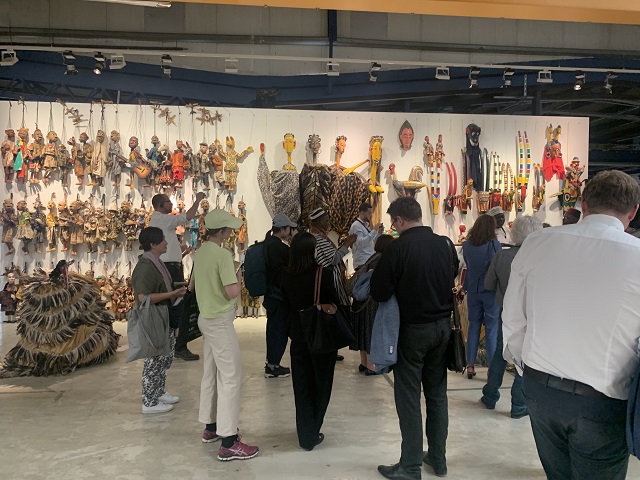
Art, aesthetics and racism are combined in a critical configuration that has transformed documenta fifteen into a significant political event, writes Iain Chambers.
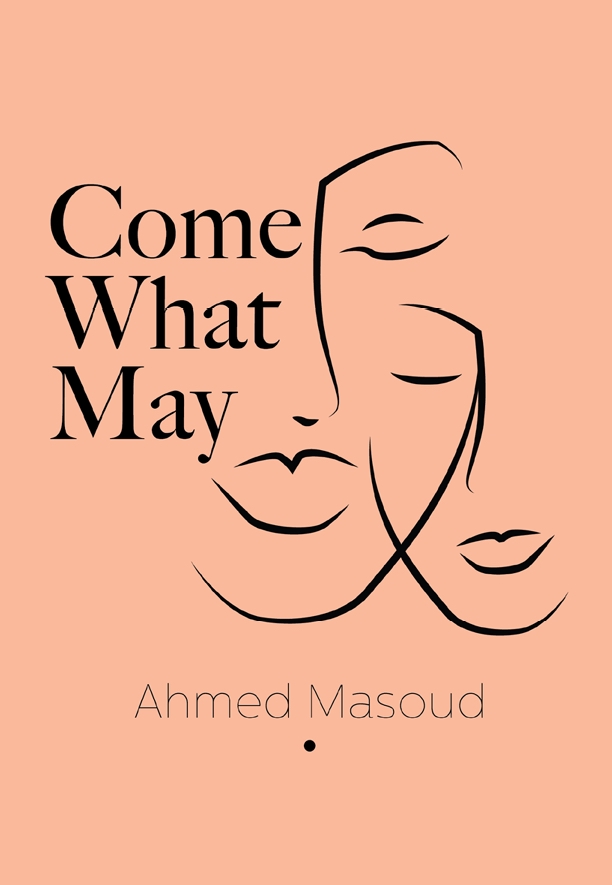
Come What May, the latest novel by Palestinian author Ahmed Masoud, introduces us to the essential human story behind daily Palestinian issues and concerns, a story we rarely see in the press or on our TV screens, writes Amanda Huggins in her review.
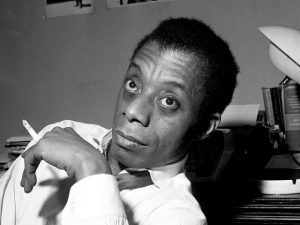
James Baldwin’s critique of American life remains one of the preeminent interventions of the Civil Rights movement. In the wake of the Trump era and the rise of BLM, Baldwin’s radical vision is more relevant than ever, writes Zwan Mahmod.

The Nationality and Borders Bill, which goes to the House of Lords next week, presents a grave danger to Britain’s ethnic minorities. So why has there been so little opposition to it from the UK left? Asks Sam Asumadu.
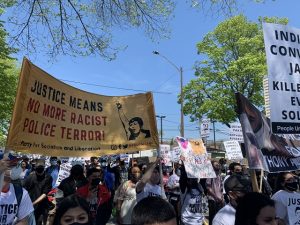
When Anthony Alvarez was fatally shot five times in the back by a Chicago police officer earlier this year, Mike Friedberg joined the local protests demanding justice and accountability. What ensued is a story of cruelty and impunity which is as disturbing as it is familiar in today’s America, he writes.
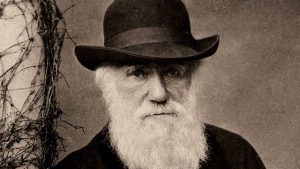
It is 150 years since the publication of Darwin’s The Descent of Man. Kezia Picard sat down with Samuel Grove, author of Retrieving Darwin’s Revolutionary Idea, to talk about the radical and reactionary implications of Darwin’s theory.
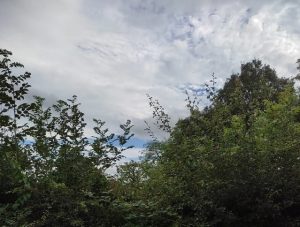
Over several months during lockdown, Dave Prescott became increasingly aware of an urge to see over the hedge of his back garden and across to the hills beyond. Naturally, he began to investigate the concept of an elevated chair.
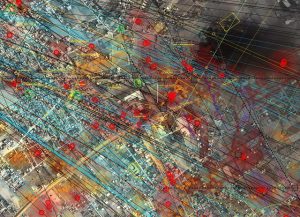
From Gaza to Grenfell, Forensic Architecture’s latest exhibition, Cloud Studies, documents the perpetration of, and resistance to, slow violence as it is enacted by states and corporations, writes Esther Kaner in her review.